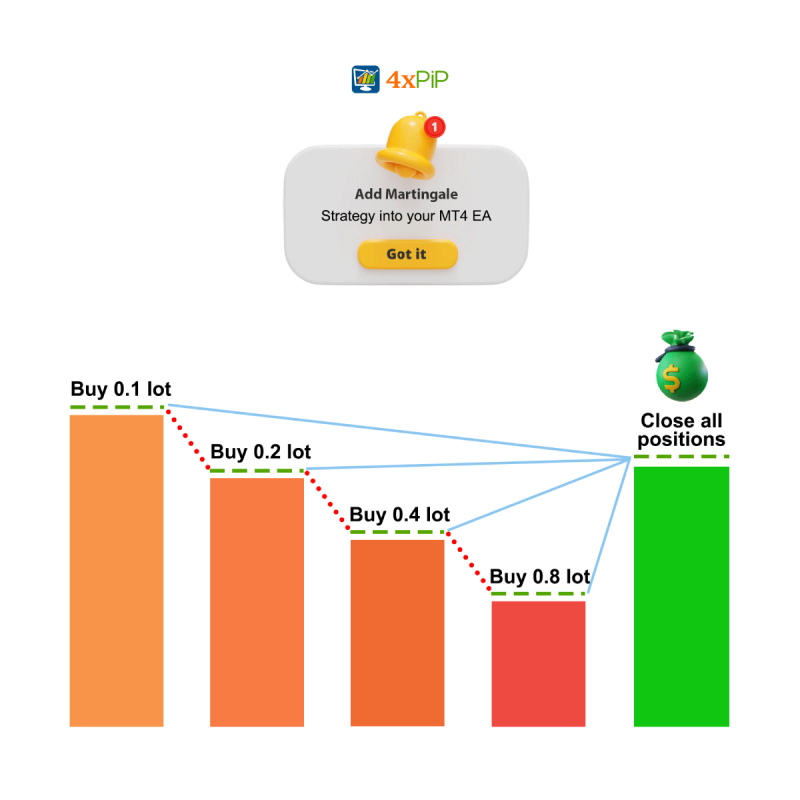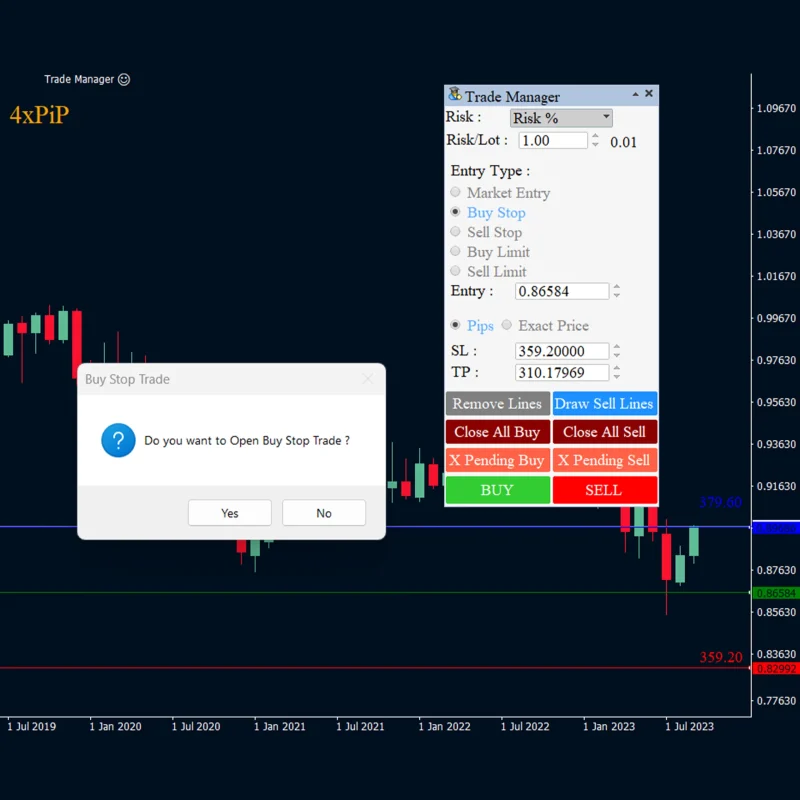In a significant development within the crypto industry, Tom Farley, the former President of the New York Stock Exchange (NYSE), has made a strategic move by acquiring CoinDesk, a leading cryptocurrency media platform, through his digital asset exchange Bullish. This acquisition adds another chapter to the evolving narrative of Barry Silbert’s crypto empire. As we delve into the details of this acquisition, and explore CoinDesk’s journey, operational changes, challenges within Digital Currency Group (DCG), and the rise of Tom Farley, the landscape of the crypto industry undergoes a transformation.
For expert insights and updates on the evolving crypto landscape, connect with 4xPip. Reach out to our experts at [email protected].
Details of the Acquisition:
Bullish, under the leadership of Tom Farley, has successfully acquired CoinDesk from Digital Currency Group (DCG) in an all-cash deal. The terms of this transaction have not been publicly disclosed. This acquisition follows DCG’s previous ownership of CoinDesk, purchased for $500,000 in 2016. The move signifies a shift in the dynamics of the crypto industry as experienced leaders from traditional finance, such as Tom Farley, actively participate and shape the future of digital assets.
CoinDesk is now set to operate as an independent subsidiary of Bullish, emphasizing continuity and independence in its editorial practices. As CoinDesk transitions into this new phase, the details of the acquisition offer insights into the strategic moves being made within the crypto space.
CoinDesk’s Journey:
Founded in 2013, CoinDesk has been a prominent source for cryptocurrency news, analysis, and insights. The platform gained recognition within the crypto community for its journalistic excellence, breaking crucial stories that impacted the digital asset landscape. Under DCG’s ownership, CoinDesk faced challenges, including unsolicited offers for more than $200 million and a failed $125 million purchase agreement earlier this year. This tumultuous journey culminated in Bullish’s acquisition, opening a new chapter for CoinDesk.
Despite recent challenges, CoinDesk’s legacy as an influential crypto media platform endures. Its role in breaking important stories and shaping industry narratives adds to the significance of its journey within the crypto landscape.
Operational Changes:
With the acquisition by Bullish, CoinDesk is poised for operational changes that reflect Tom Farley’s vision for the platform. The digital asset exchange has committed to injecting immediate capital into CoinDesk to facilitate its scaling and growth. Despite facing layoffs of approximately 16% of its staff in August, CoinDesk’s existing management team will remain in place, ensuring a degree of continuity.
To safeguard CoinDesk’s journalistic independence, we have introduced an additional layer. Matt Murray, the former editor-in-chief of The Wall Street Journal, will lead a newly formed editorial committee. This committee aims to protect the publication’s autonomy and uphold the quality of its editorial content. As CoinDesk undergoes operational changes, we are implementing these measures to balance growth with the preservation of its core values.
Challenges within DCG:
The acquisition of CoinDesk by Bullish is not an isolated event but part of a broader narrative that includes challenges within the Digital Currency Group (DCG). DCG, founded by Barry Silbert, faced hurdles in various aspects of its operations. The sale of CoinDesk, once hailed as one of DCG’s “best investments of all time,” marks a significant development within the broader challenges faced by the crypto empire.
DCG’s subsidiary, Grayscale Investments, which manages the $32 billion Grayscale Bitcoin Trust (GBTC), encountered issues, including the sale of holdings in several Grayscale trusts at a steep discount. Legal battles with the Securities and Exchange Commission (SEC) and the New York Attorney General further added to the challenges within DCG. The complexities faced by DCG extend beyond CoinDesk, providing a backdrop to the shifting dynamics within Barry Silbert’s crypto empire.
The Grayscale Investments Challenge:
One of the pivotal entities within DCG, Grayscale Investments, faced its own set of challenges. Grayscale, managing the popular Grayscale Bitcoin Trust (GBTC), found itself in a legal battle with the SEC over its application to convert GBTC into a spot bitcoin exchange-traded fund (ETF). While Grayscale won the legal battle, concerns about profitability linger as the company committed to cutting fees upon approval. The challenges at Grayscale and its legal skirmishes further contribute to the narrative of turbulence within DCG.
As the crypto industry evolves, the challenges faced by Grayscale underscore the complexities inherent in managing significant crypto assets, even for well-established entities like DCG.
Rise of Tom Farley:
Amid the challenges faced by DCG, the rise of Tom Farley as a key player in the crypto industry has become increasingly evident. Farley, the former President of the New York Stock Exchange, has assumed a leading role through Bullish, a digital asset exchange. Bullish’s acquisition of CoinDesk positions Farley at the center of strategic moves within the crypto media landscape.
Notably, Bullish is among the bidders vying to acquire what remains of the bankrupt crypto exchange FTX, signaling Farley’s active participation in shaping the future of crypto exchanges. The SEC Chair, Gary Gensler, acknowledges the potential for a revived FTX if new leadership adheres to regulatory standards, indicating the importance of responsible leadership in the crypto space.
Summary:
Barry Silbert’s crypto empire experiences a transformative phase as Tom Farley, former President of the NYSE, additionally acquires CoinDesk through Bullish. The details of the acquisition, moreover, highlight the strategic moves within the industry, emphasizing a shift in dynamics. CoinDesk’s journey, marked by challenges and triumphs, contributes, furthermore, to the broader narrative of change. Operational changes and measures to preserve CoinDesk’s editorial integrity, then, reflect the balancing act between growth and core values.
Challenges within DCG, particularly at Grayscale Investments, exemplify the complexities faced by major crypto entities. The legal battles, regulatory scrutiny, and concerns about profitability underscore the evolving landscape. Meanwhile, the rise of Tom Farley signifies a changing of the guard, with experienced leaders from traditional finance actively shaping the crypto industry’s future.












